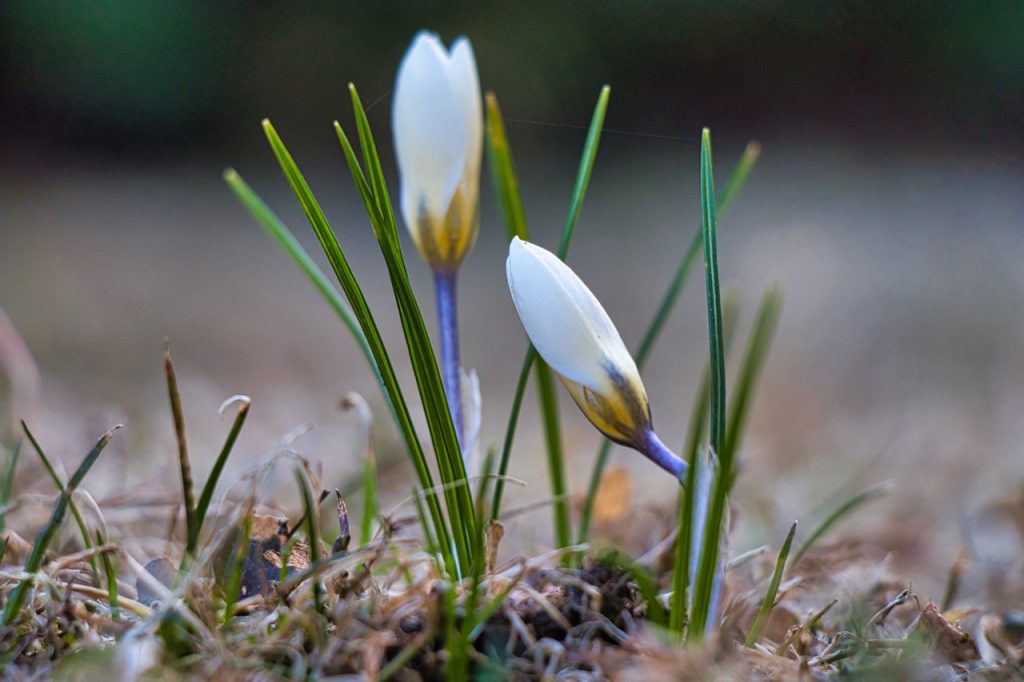Yesterday we and around 30 other actors in the county signed sustainability pledges for biodiversity. Ailing ecosystems and threats to biodiversity stand alongside climate change at the top of the UN’s list of environmental problems that humanity needs to tackle most urgently. Last year I signed a similar document for the climate at a ceremony at Uppsala Castle. Taken together, these pledges mean that many of us in the region are committed to acting in various ways to achieve the sustainability goals for biodiversity and the climate.

It is important to work with other actors for sustainability. We are already collaborating with the municipality on climate issues and have a partnership agreement with Akademiska Hus on sustainable campus development.
Sustainable development is of course a fundamental principle in Uppsala University’s new mission statement, which we are now working intensively to implement throughout the organisation. We aspire to set an example in this area, which requires targeted, long-term efforts at many levels in the University. The mission statement (Mission, Goals and Strategies) is now also explicitly linked to our operational plan, which is subject to annual follow-up.
The very most important contributions our University can make are, as they have always been, the research and education that increase knowledge and foster an understanding of sustainability in all its complexity. Knowledge is crucial if our society and the world are to take effective measures. The University has a great responsibility here to transfer knowledge and engage in dialogue on the way forward. We have leading research on energy, batteries, antibiotic resistance, major common diseases, climate change, glaciers, decision-making, leadership, urban sustainability and in many other fields.

Naturally, we must also address our own climate impacts as an organisation. Following last year’s survey of the environmental objectives we ourselves have formulated, a major project is under way to revise the environmental plan. We have set up a climate pot to reinforce and refresh the University’s efforts to reduce our climate impact. Students and staff can apply for funds for their own climate initiatives and a few weeks ago I was able to approve the first seven projects. The anticipated outcomes are that more people will choose to travel by train rather than flying, laboratories will become more energy-efficient and on-campus food cultivation will be piloted, among other goals. A new call for climate funds is coming up and we hope to receive many creative proposals. Students and others at the University: if you have a proposal, follow this link.
